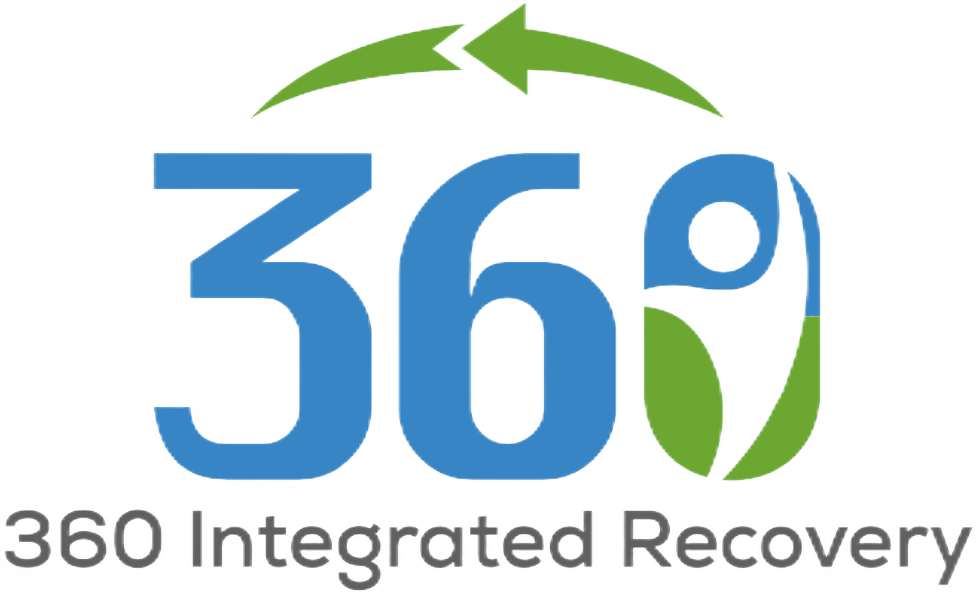Post-Acute Withdrawal Syndrome (PAWS) is a lesser-known, but significant aspect of the recovery journey. Recognizing its symptoms and understanding its management are crucial for a successful long-term recovery.
Understanding PAWS
Post-Acute Withdrawal Syndrome (PAWS) refers to a constellation of symptoms that may surface following the acute phase of withdrawal from alcohol or other addictive substances. The emergence of these symptoms often marks a challenging juncture in the path to recovery. Unlike the initial, more physically pronounced withdrawal symptoms, PAWS primarily manifests as psychological disturbances. They can oscillate in severity over a period of several months to years post cessation of substance use. Due to the enduring nature of these symptoms, understanding and addressing PAWS is integral to ensuring a successful, long-term recovery journey.
Identifying Symptoms of PAWS
PAWS is characterized by a myriad of symptoms, predominantly psychological, which differentiate it from the initial, more physically-oriented withdrawal phase. Individuals experiencing PAWS may report mood swings, exhibiting highs and lows in their emotional state. Anxiety, characterized by a persistent sense of worry or unease, is also common, as is irritability, or a heightened response to stimuli. Fatigue, or a consistent sense of tiredness not alleviated by rest, is another typical symptom. Individuals might also encounter sleep disturbances, such as insomnia or disrupted sleep patterns. Further, PAWS can lead to cognitive impairments, with individuals finding it difficult to focus, make decisions, or remember things. As these symptoms can significantly impair daily functioning and quality of life, early detection and management are crucial.
Triggers of PAWS
Understanding the triggers of PAWS can greatly assist in managing its symptoms. Stress, whether from work, relationships, or other life circumstances, can precipitate or worsen PAWS symptoms. Similarly, fatigue can exacerbate the psychological manifestations of PAWS, underscoring the importance of maintaining physical health during recovery. Exposure to cues or environments associated with past substance use can also trigger PAWS symptoms. Such cues might stir memories or cravings linked to the addiction, sparking a resurgence of PAWS symptoms. Hence, it’s essential to recognize these triggers and adopt strategies to either avoid or cope with them effectively.
Approaches to Managing PAWS
Managing PAWS is typically a multifaceted process, involving medical intervention, therapeutic support, self-care strategies, and lifestyle modifications. Medications might be prescribed to help manage specific symptoms, such as mood swings or sleep disturbances. Therapeutic approaches, particularly Cognitive Behavioral Therapy (CBT), can equip individuals with coping strategies to handle the psychological challenges posed by PAWS. Practices like mindfulness and meditation can also help manage stress and enhance emotional resilience. Regular physical activity can boost energy levels and mood, while a balanced diet can ensure the body receives essential nutrients necessary for recovery. The management of PAWS often necessitates a holistic approach, tailored to the individual’s unique needs and experiences.
Community and Guidance
Centers like 360 Integrated Recovery recognize the challenges posed by PAWS and offer comprehensive treatment plans to address it. Their programs provide therapeutic support, lifestyle guidance, and medical management to help individuals navigate this complex stage of recovery.
Family and community support can be invaluable in managing PAWS. Understanding the nature of PAWS, providing emotional support, and facilitating a stress-free environment can significantly assist the recovery journey.
Final Thoughts
In conclusion, understanding PAWS is crucial in the long-term recovery from substance use disorders. While it can be a challenging phase, with the right knowledge, treatment, and support, individuals can effectively manage PAWS and maintain their path towards a sustained recovery.




